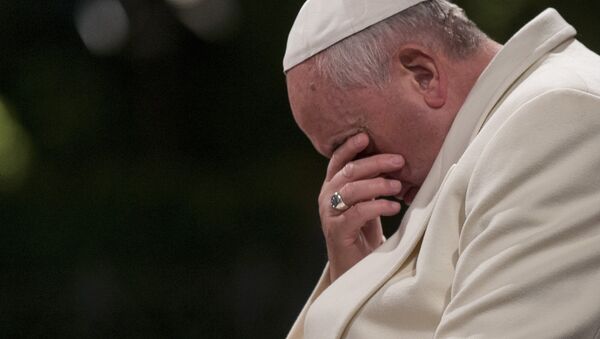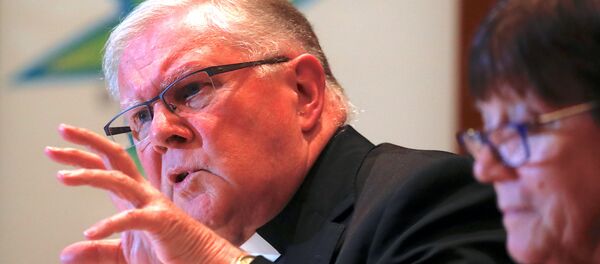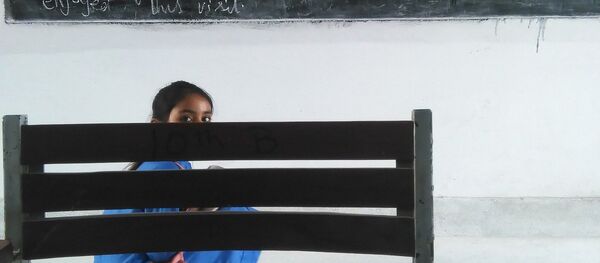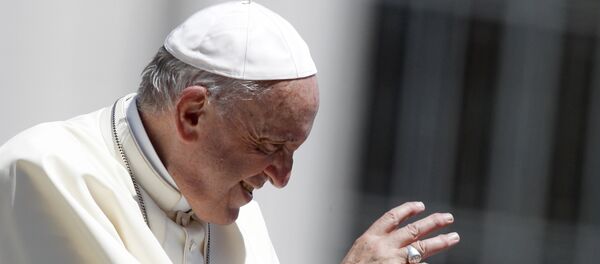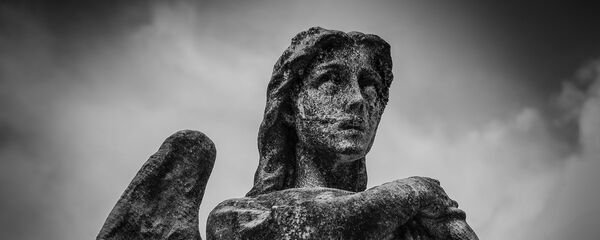Sputnik has discussed this with Sandra Yocum, professor of faith and culture at the University of Dayton, Ohio, who has written extensively about the sex abuse crisis.
Sputnik: What are your thoughts about this concept of a lay-led investigation into child sex abuses and why has this not been done sooner?
Sandra Yocum: First of all, I think it is a good idea. It makes a lot of sense to try to remove it from those parties who have particular interests in not necessarily pursuing the cases fully as they should be.
But I think there needs to probably be more of that and perhaps [they should be] even considering having experts who are not even part of the Catholic Church to be a part of that board to further provide credibility that these investigations are being pursued in the fullest manner that they can.
Sputnik: Who would be most qualified to handle this?
Sandra Yocum: I think that there would have to be laid out some policies and procedures that would have to be agreed upon; that the findings would then have to be accepted and pursued with certain kinds of consequences.
I think the question that you’re asking also points to questions around what in the church is called canon law and how it interfaces with canon law internally in the church which requires certain procedures; if a priest or a bishop has been charged that they go through some sort of court process within the church.
It’s hard to imagine there would be this widespread purge but something fairly dramatic is going to have to happen, I think, to restore some form of trust in the Catholic Church’s leadership.
Sputnik: Is Pope Francis the one to do this?
Sandra Yocum: I think it’s very hard to predict whether Pope Francis is the one to do this. He has to have the support; he can’t do it alone because, I think, as is evident in this letter there’s a certain kind of resistance to Pope Francis that is, at least, feeding some aspects of that letter.
But I would say, it’s hard for me to imagine that he can do this alone; he’s going to have to have significant support and there are people who are resistant for a variety of reasons.
Some of them are reasons have to do with wanting to maintain the status quo, others [have to do] with fear of other kinds of changes within the church’s structure.
Sputnik: Do you have any idea about how widespread the abuse really is?
Sandra Yocum: The Pennsylvania report, in the last ten years there are only two instances, which are two too many. But, of course, we also know that some of these reports don’t come out until maybe a decade later because it involves children.
I have a little more confidence that some dioceses are doing due diligence on these matters but I also think that we’re going to see more revelations over the next year or two particularly around sexual abuse, then I suspect that other kinds of abuse that will come up.
Sandra Yocum: I do think that clericalism is part of the problem here. It does create an atmosphere in which someone who is a predator is able to perpetrate crimes, because and in part be, protected by the aura of the priesthood.
There are also many priests who have served their communities very well and have pastorally been very effective and good and holy men. And so that’s also a part of this.
It’s definitely the case that people are sort of afraid to criticize the priest because he is supposed to be this representative of Christ for the community.
Views and opinions expressed in this article are those of Sandra Yocum and do not necessarily reflect those of Sputnik.
